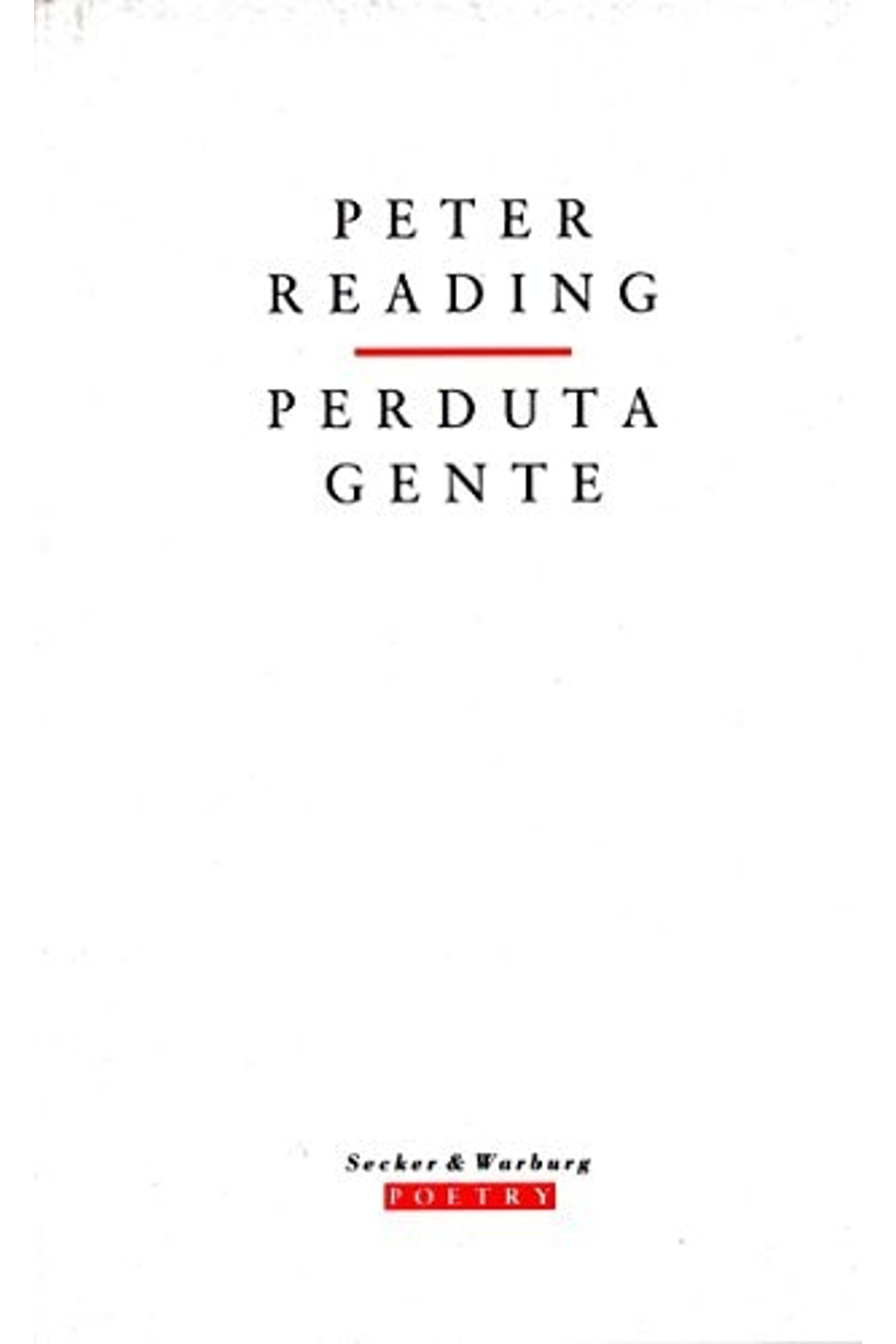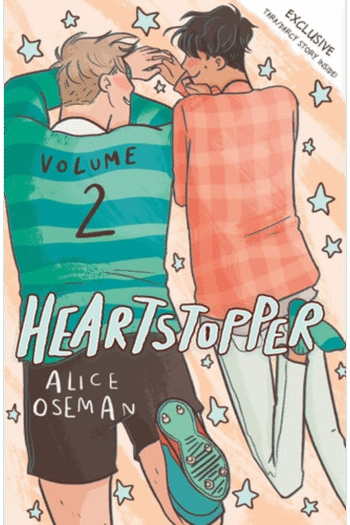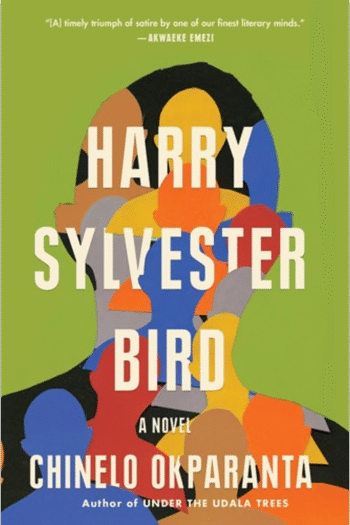“Perduta Gente” by Peter Reading, a First Edition paperback from 1989, is a striking collection reflecting Reading’s signature style: darkly humorous, brutally honest, and unflinchingly critical of modern society. This rare volume of poetry explores themes of alienation, societal decay, and the “lost people” struggling within a deteriorating world. Reading, a master of juxtaposing colloquial language with literary references, delivers a powerful and poignant commentary on the late 20th century. Known for his bleak yet compelling vision, Reading’s “Perduta Gente” is a must-have for collectors and readers seeking thought-provoking and challenging poetry. Secure this literary gem and experience Reading’s unique voice today!
Perduta Gente
13,10 $
In stock
“Perduta Gente,” a captivating collection of poems by the acclaimed British poet Peter Reading, offers a glimpse into his darkly humorous and often bleak vision of modern life. Published in 1989 as a First Edition paperback by Secker, this 46-page volume showcases Reading’s distinctive voice and unique poetic style. This particular edition is increasingly rare and sought after by collectors and enthusiasts of contemporary poetry. Peter Reading, known for his unflinching portrayal of social decay, environmental degradation, and the absurdity of human existence, doesn’t shy away from uncomfortable truths. “Perduta Gente,” which translates to “Lost People,” embodies this signature characteristic. The poems within explore themes of alienation, societal breakdown, and the struggles of ordinary individuals navigating a world seemingly spiraling out of control. While Reading’s work can be challenging, it’s also deeply rewarding. His innovative use of language, fragmented narratives, and unflinching imagery creates a powerful and unforgettable reading experience. He often employed a distinctive blend of colloquial language and literary allusions, lending a gritty realism and intellectual depth to his verse. “Perduta Gente” is a prime example of Reading’s ability to juxtapose the mundane with the profound, forcing readers to confront the uncomfortable realities of the late 20th century. Though concise at 46 pages, this collection packs a considerable punch. Readers familiar with Reading’s larger body of work will appreciate this concentrated dose of his characteristic themes and style. Newcomers will find “Perduta Gente” an accessible entry point into the work of a significant and influential figure in contemporary British poetry. This First Edition paperback is a valuable addition to any collection of modern literature, offering a unique perspective on the human condition as seen through the eyes of a master poet. Secure your copy of this rare and compelling volume today and delve into the poignant and provocative world of Peter Reading. Consider this a piece of literary history, a testament to a poet unafraid to confront the harsh realities of a changing world.
| Authors | |
|---|---|
| Binding | |
| Condition | |
| ISBN-10 | 0436409992 |
| ISBN-13 | 9780436409998 |
| Language | |
| Pages | 46 |
| Publisher | |
| Year published | |
| Weight | 454 |
| Edition | First Edition |
Related products
The van
15,47 $Heartstopper Volume Two
31,85 $Harry Sylvester Bird: A Novel
32,85 $
- Additional information
- Currencies
- USD – United States dollar
- EUR – Euro
- GBP – Pound sterling
- CNY – Chinese yuan
- BRL – Brazilian real
- MXN – Mexican peso
- JPY – Japanese yen
- PHP – Philippine peso
- THB – Thai baht
- PLN – Polish złoty
- CAD – Canadian dollar
- MYR – Malaysian ringgit
- AUD – Australian dollar
- TWD – New Taiwan dollar
- CZK – Czech koruna
- SEK – Swedish krona
- HUF – Hungarian forint
- ILS – Israeli new shekel
- CHF – Swiss franc
- HKD – Hong Kong dollar
- DKK – Danish krone
- SGD – Singapore dollar
- NOK – Norwegian krone
- NZD – New Zealand dollar





